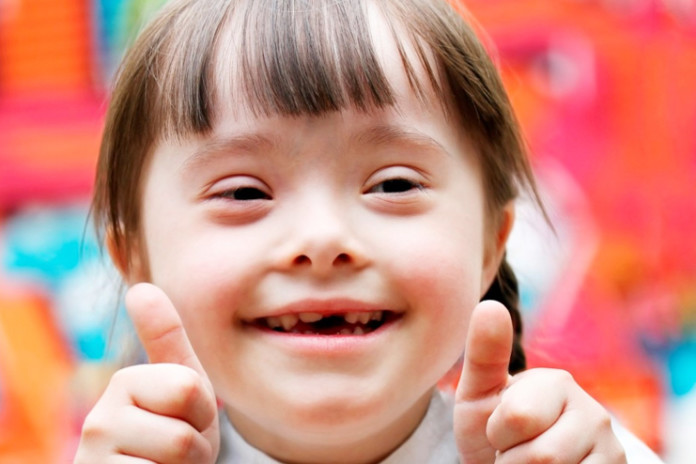What Causes Down Syndrome Babies
When it comes to babies, every parent wants their child to be healthy and happy. Unfortunately, sometimes things don't go as planned. One condition that can affect babies is Down Syndrome – a chromosomal abnormality that can cause developmental delays, intellectual disabilities, and other health issues.
Understanding Down Syndrome
Down Syndrome is caused by the presence of an extra copy of chromosome 21. This extra genetic material affects the way a baby's body and brain develop, leading to a range of potential issues.
There are three types of Down Syndrome:
- Trisomy 21 – the most common type, where a baby has three copies of chromosome 21 instead of the usual two.
- Mosaic Down Syndrome – a rarer form, where some cells have an extra copy of chromosome 21, but others do not.
- Translocation Down Syndrome – another rare type, caused by a rearrangement of genetic material involving chromosome 21.
While there are risk factors that increase the likelihood of having a baby with Down Syndrome, such as maternal age, the condition can affect anyone regardless of their background.
Signs and Symptoms of Down Syndrome
Parents may notice certain physical characteristics when their baby is born that could be signs of Down Syndrome. These may include:
- Flattened facial features
- Small head and ears
- Upward slanting eyes and small eyelids
- A single deep crease across the center of the palm
- Poor muscle tone or loose joints
In addition to these physical signs, babies with Down Syndrome may also experience developmental delays, heart defects, and other health issues.
Treatment and Support for Babies with Down Syndrome
While there is no cure for Down Syndrome, there are many resources and interventions that can help babies with the condition thrive.
Early intervention services can begin as soon as a baby is diagnosed with Down Syndrome, and may include:
- Physical therapy to support muscle development and improve coordination
- Speech therapy to address communication challenges
- Occupational therapy to support daily living skills
- Special education services to help with learning and development
In addition to these interventions, many families find that support groups and community resources can be a valuable source of information and camaraderie.
Did God Intervene to Find a Family for a Baby with Down Syndrome?
Recently, a story has been circulating about a couple who adopted a baby with Down Syndrome. The twist? They believe that God intervened to bring the baby into their lives.
While the specifics of the story are unique, the sentiment behind it is common among many families who have children with Down Syndrome. There is a sense of joy and gratitude for the unique blessings that these children bring, even in the face of challenges.
Conclusion
Down Syndrome is a complex condition that can affect babies in many ways. However, with the right resources and support, these children can lead full and fulfilling lives.
If you or someone you know is raising a child with Down Syndrome, remember that you are not alone. There are many organizations and services available to help you navigate the challenges and celebrate the joys of parenting a child with special needs.

